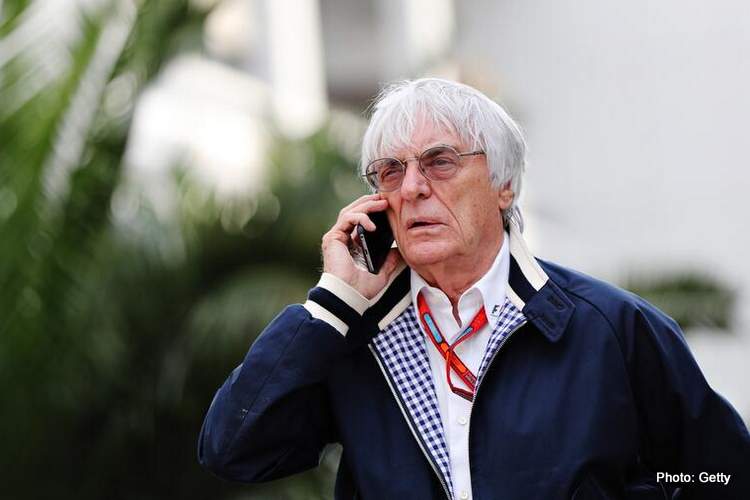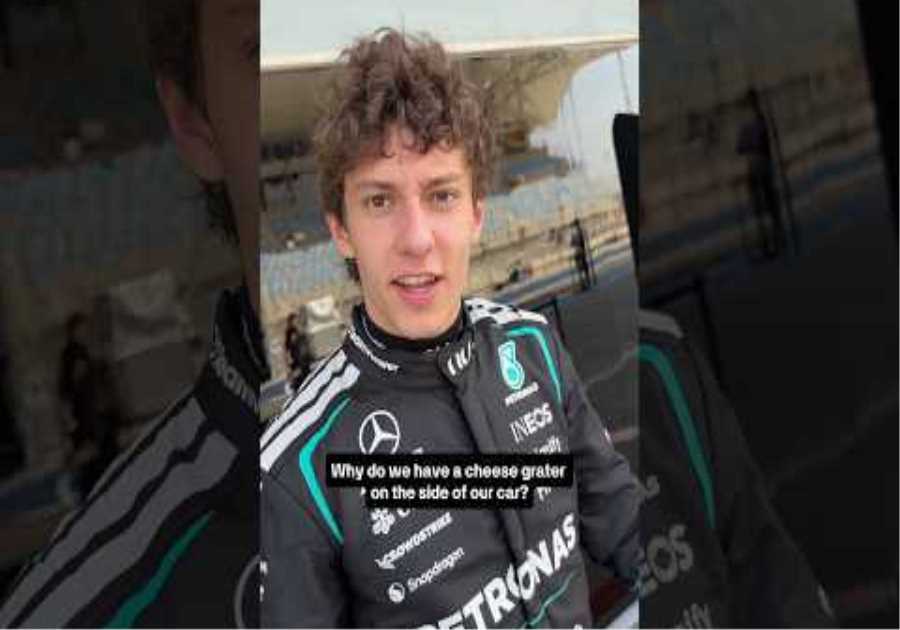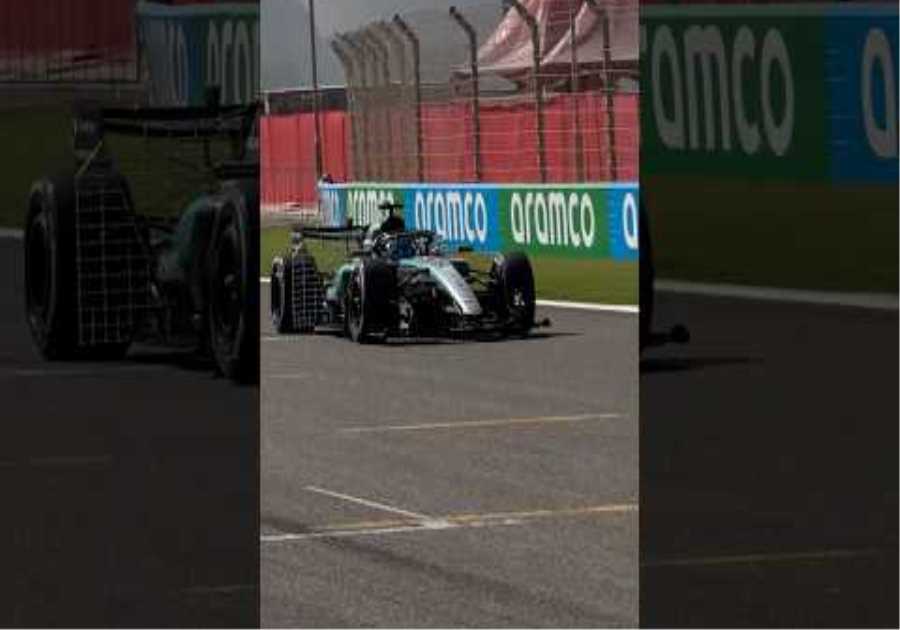Grandprix247 reader Sean Stevens examines the current state of affairs in Formula 1 following the 2021 Abu Dhabi GP controversy and argues that F1 does not necessarily qualify as ‘motorsport’.
I’ve never really considered the word motorsport as a description of Formula 1. It’s the “Sports” part that I have a problem with because it doesn’t seem to work that way.
And judging by the social media reaction to what happened in Abu Dhabi last December, the majority of the Formula 1 fanbase is still digesting the possibility. Especially those unfamiliar with its history.
To be fair, it’s not the first time the F1 World Championship has been decided by incredible luck at the final race of the season. However, it was always either another driver or a mechanical failure. The resulting excitement and sense of injustice always dissipated quickly as everyone came to terms with the unpredictable nature of racing.
In Abu Dhabi, however, none of these suspects played a role. Instead, a race director (Race Director Michael Masi) was the key player who implemented his own version of the rules and consequently changed the outcome of the race and the championship. Neither the FIA (sports governing body) nor the Formula 1 group (their sponsor) subsequently managed to waft the resulting smell of “external intervention” from the cockpit.
Masi’s decision continues to embarrass both parties, especially after gambling consortium Paddypower decided to pay out both Verstappen and Hamilton as winners of the 2021 World Cup. This unprecedented action had the implication that something questionable had happened and, combined with Hamilton’s determined silence, turned the glorious summer of Max Verstappen’s victory into a winter of discontent for the Formula 1 world.
How has Formula 1 found itself in such a position?
For me the answer is simple, the actions and absence of Bernie Ecclestone. It is Bernie who has made F1 the multi-billion dollar global business it is today, creating its current structure in the process – a tripartite agreement between; the supervisory authority (FIA), the organizer (Formula 1 group) and the individual racing teams.
All are interdependent, as one is meaningless without the other. It doesn’t take much imagination to appreciate that this arrangement is both cozy and potentially fickle, with its attendant mix of diverse goals, personalities and the highest concentration of amour propre in the world. Bashing heads or passing a carrot requires a firm hand, keeping all parties forward for the common good.
As chief architect of this structure and CEO of the Formula 1 group; Bernie, of course, filled that role and did so great for many years. But in 2016 he sold his majority stake in the Formula One group to Liberty Media, who replaced him with Chase Carey shortly after their acquisition, with Liberty Media, along with Carey, taking on the mantle of “closing the church between everyone and everyone in the circus.” maintain”. This was a tall order for someone coming from outside the ‘ring’ and in 2020 Carey was replaced by someone more familiar with the inner workings of Formula 1, former Ferrari F1 supremo Stefano Domenicali.
The current troubles within F1 only serve to highlight the skills with which Ecclestone carried out his role. None of the current nonsense would have gone under if it was still in charge. In his day the dirty laundry was done behind closed doors and he was the scrubber. His word was both his binding and his law, so whatever was agreed upon happened.
The individuals he appointed to key positions were understood as an extension of his authority. Questioning hers was questioning his. Few did. In contrast, Stefano Domenicali remains relatively invisible and does not appear to have the control or persuasion that Ecclestone wields.
Formula 1 lacks Bernie’s leadership
Without Bernie’s firm hand on the reins, the good ship Formula 1 seems to be missing a captain and accordingly looks a bit battered. Finding a character that performs this function is extremely difficult. It requires someone with years of experience who can enforce respect for the huge egos that populate each of the factions within the structure (a role that perhaps only God should contend for).
The only mortal candidate I can think of that has the necessary qualities is Flavio Briatore. Unfortunately, earlier in his career he committed the mortal sin of Formula 1. He cheated massively and got caught – the former is fine, the latter is unforgivable.
But what about the drivers or athletes in this model, I hear you ask? Well, they are just “part players” in the scheme of things. As employees they have no real power or influence and are relatively available, even Lewis Hamilton.
This brings me back to my starting point. The decision made by Michael Masi was one that inevitably gifted race victory and the world championship to Max Verstappen, who deserved to win the title in less controversial circumstances. Much like you would stop the runner leading a race to allow their main competitor to catch up and down an energy drink before resuming the action.
That would never happen in athletics, which is why it’s a sport, and in the words of Michael Masi, answering Toto Wolf’s question on the subject: “It’s called car racing […]“. (Opinion contribution from GP247 reader: Sean Stevens)
Disclaimer:
Opinion posts do not necessarily reflect the views of this site, but we always provide a platform for readers and writers to present well-founded views.
Please follow and like our new Facebook page GrandPrix247Official.







